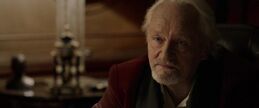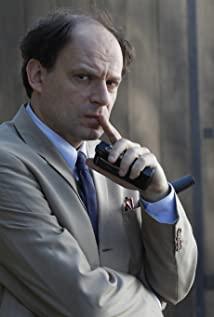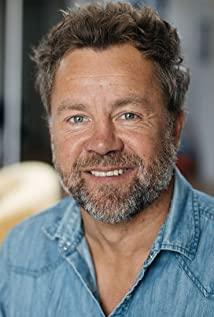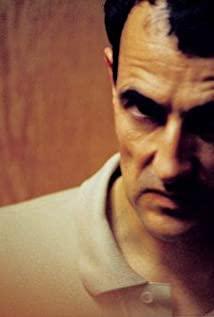My understanding is that the male protagonist has always resisted the patriarchy, resisted his father's dominance and control, and always wanted to break free. This is very similar to me. My father is also very controlling, and I hated my father. So I have a little bit of common psychology with the male protagonist, that is to live in hatred, hatred is the reason and motivation for the male protagonist to live, it is as simple as that, including the male protagonist's later fraud, it is actually a kind of revenge or catharsis, when When the second male said he was going to Africa, the male protagonist was not very willing, but he had no clue.
In fact, it is because the male protagonist has a reason to live here. Because of the injury, the male protagonist has already lost confidence in life. I remember that at the beginning, the male protagonist asked the second male to kill him in the hospital. The male protagonist actually wanted to die. Yes, but hatred kept him alive. Hatred is actually a good anesthetic, when only hatred is in the mind, all troubles and pressures will be forgotten.
The male protagonist finally met his father, and finally his father admitted his mistake. My father also said the same thing to my grandma one morning, admitting that his control over me was wrong, I overheard it in my room, that In an instant, the hatred disappeared, and all of a sudden, there was no master, and then all kinds of other life pressures and troubles came in. The male protagonist is a wounded veteran, and his mind and body have been broken. When there is no hatred, the last pillar, there will be only Death is on the way.
Of course, there is still the guilt of defrauding so many people before. The male protagonist suddenly thinks that his previous deception is a "just" revenge, which can be seen in the male protagonist's various games of insulting the general in the hotel. Now the male protagonist suddenly feels that he has done something wrong, which is also one of the reasons for suicide, which accounts for a small part.
The male protagonist chooses to commit suicide, indicating that he has forgiven his father and is also apologetic for his previous actions. It is the collapse of confidence in survival. I think the male protagonist must have committed suicide in relief. Ended his life with a smile.
View more about See You Up There reviews











